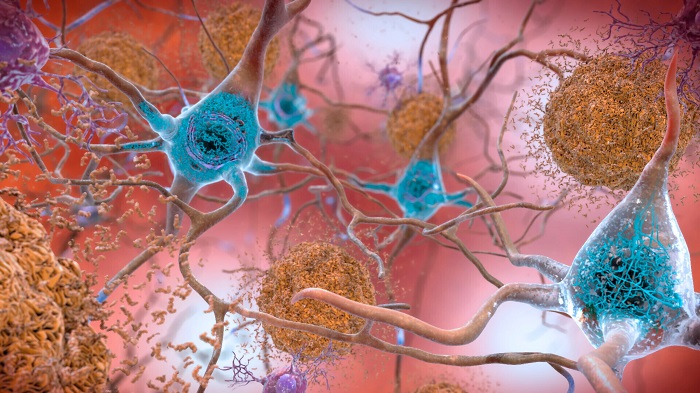Health
UK Trials Blood Tests for Alzheimer’s Diagnosis

- UK memory clinics are conducting a trial offering blood tests for dementia screening to 5,000 volunteers, aiming to improve early diagnosis and access to care.
- Oxford and UCL lead joint research into blood tests for Alzheimer’s and other dementia forms, exploring biomarkers like p-tau217 and potential disease-modifying treatments.
As part of a trial run by memory clinics across the UK, thousands of individuals will receive blood tests for dementia as part of an extensive program to conduct such screening.
With these improvements in place, more individuals should be able to access care, support, and innovative drug treatments at earlier stages.
University College London and Oxford will conduct this joint research involving approximately 5,000 volunteers in their research program.
A five-year project will explore blood tests to detect Alzheimer’s and other forms of dementia.
At present, an estimated one-third of patients living with dementia do not get an official diagnosis and remain shrouded in worry and uncertainty about their condition. Rogue proteins could play a part here.
Only approximately two percent of patients receive one of the “gold standard” Alzheimer’s tests – either an advanced PET brain scan or spinal lumbar puncture – before receiving an Alzheimer’s diagnosis.
Both can show the presence of abnormal proteins like amyloid and tau, which begin to build up years before symptoms manifest themselves – but tests tend to be costly.
The Oxford team will explore several blood tests as a more accessible and cheaper means for doctors to spot early symptoms of dementia.
One blood test will look for signs of these proteins to diagnose Alzheimer’s, the most prevalent form of dementia. Other tests may search for potential biomarkers of vascular dementia, frontotemporal dementia, or dementia with Lewy bodies.
Researchers will also test if blood tests can aid with early diagnosis of various neurological diseases at multiple stages. Dr Vanessa Raymont from Oxford will lead this project and recruit volunteers at over 50 UK trial sites that serve NHS memory clinics – she’s leading this effort now!
She told BBC that while several dementia blood tests had already shown promising results, these had some drawbacks and should only be used cautiously.
“Research tends to exclude older individuals, ethnic minorities, and those living with other medical conditions; therefore, we need a better understanding of what our data looks like in reality; thus, these projects are so crucial.”
University College London’s (UCL) team will focus on researching an effective biomarker of Alzheimer’s disease called p-tau217 that measures amyloid and tau levels within the brain.
As part of its trial, this study will assess if measuring p-tau217 can speed up diagnosis rates for Alzheimer’s in those who have early dementia as well as mild but progressive memory difficulties.
Lucy, who cared for a mother diagnosed with dementia, expressed to BBC News her willingness to volunteer for this trial: “My personal experience speaks volumes.
“Fortunately, she was relatively old – in her 80s – when this began; however, in later life, her life became very compromised by disease, and ultimately, she passed at age 97.” However, these last few years of life were greatly marred by it.
“Anything that could identify symptoms earlier and provide treatment in the near future would be fantastic.
Jonathan Schott, professor of neurology at UCL who leads this trial, said, “An early, accurate diagnosis of Alzheimer’s disease is already important, allowing people to access appropriate care and medications.
“Such action would enable fair and equitable access to potentially life-altering treatments to all who could potentially gain from them.
Two treatments have demonstrated in trials to slow the progress of early-stage Alzheimer’s, according to doctors who believe these drugs could act as the first ‘disease-modifying’ agents. While their benefits remain modest, these drugs provide potential disease-modifying therapies.
Lecanemab and donanemab drugs are being reviewed by the UK’s Medicines and Healthcare Products Regulatory Agency for approval.
Even if they receive licenses, these products would need approval from health assessment bodies that evaluate cost-effectiveness for the NHS before being distributed to patients.
Dr Sheona Scales, director of research for Alzheimer’s Research UK, said blood tests show great promise as tools for improving diagnoses in other disease areas.
She pointed out the need to see “an exponential shift” in dementia treatment as this represents one of the most significant health challenges currently confronting Britain.
The Blood Biomarker Challenge is sponsored by the Alzheimer’s Society, Alzheimer’s Research UK, National Institute for Health and Care Research, and Gates Ventures; PS5m has also been provided by People’s Postcode Lottery.

















































